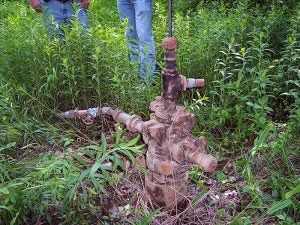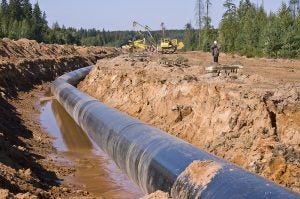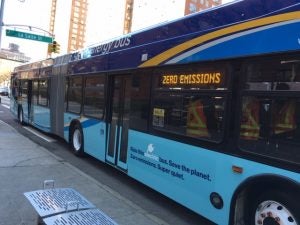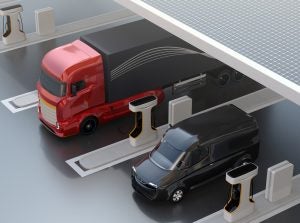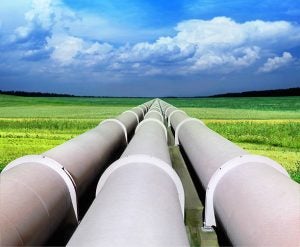 The transition to a low-carbon economy will have a big impact on the way we think about natural gas: how we produce, use and transport it. One area where this challenge is particularly acute is the state regulatory frameworks governing gas utilities across the country, and in particular, how those rules line up against the climate goals now being set by a growing number of states.
The transition to a low-carbon economy will have a big impact on the way we think about natural gas: how we produce, use and transport it. One area where this challenge is particularly acute is the state regulatory frameworks governing gas utilities across the country, and in particular, how those rules line up against the climate goals now being set by a growing number of states.
States that don’t re-envision the way their gas utility systems run will be challenged to meet their climate targets. To help states avoid that fate, EDF has developed a new guide suggesting ways that state regulators can navigate this complex challenge.










